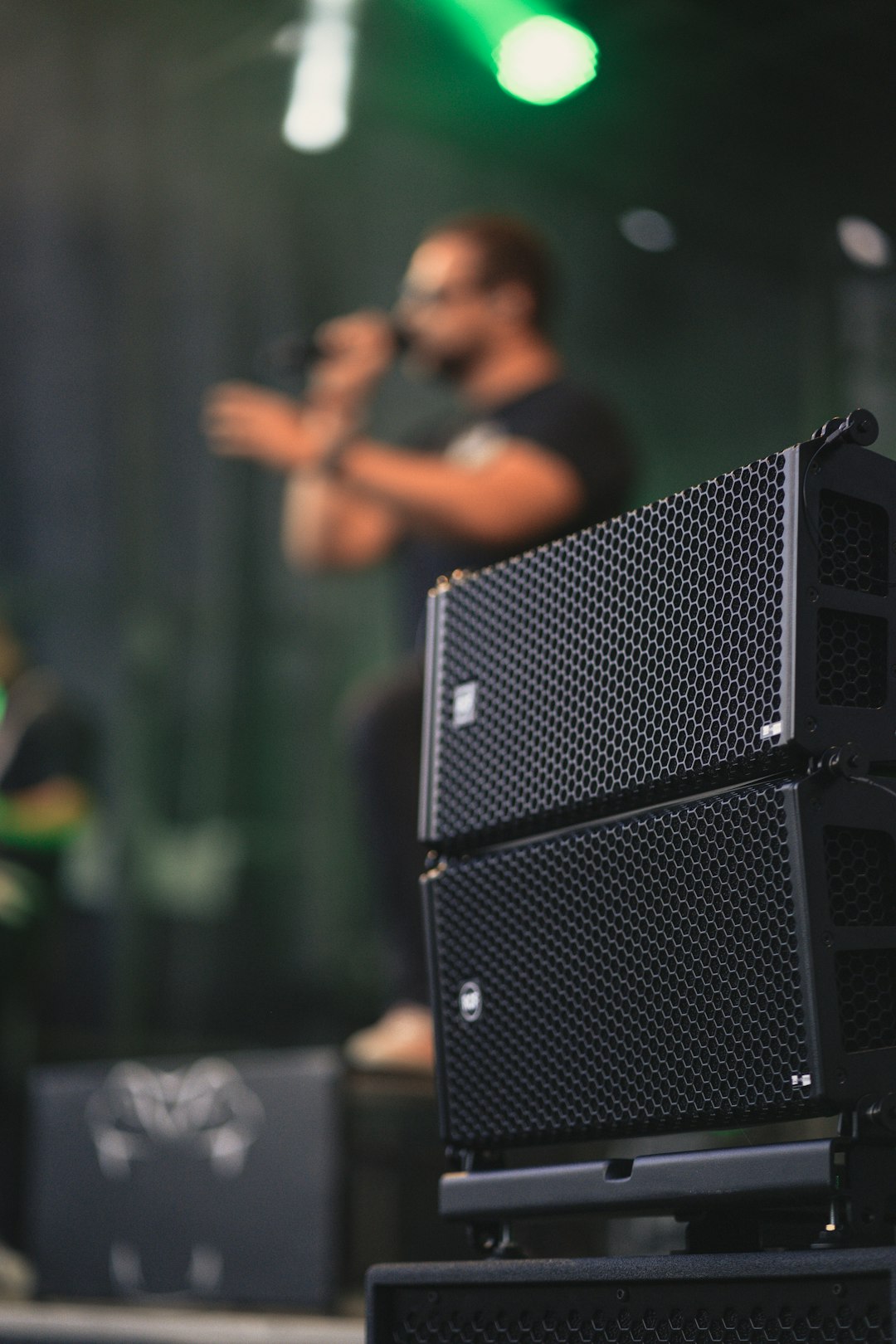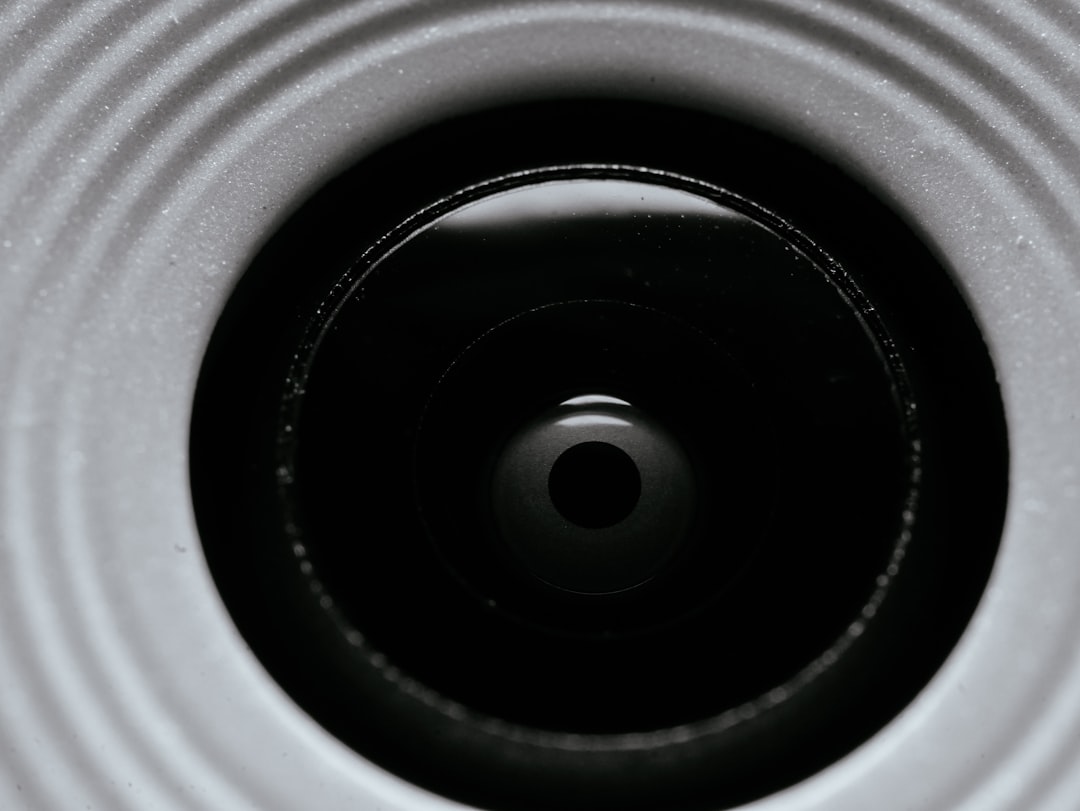DJ speakers are an integral part of any performance setup. Whether you’re spinning at a club, performing at a wedding, or just practicing in your home studio, your sound system plays a crucial role in delivering the impact your music deserves. But these audio workhorses endure a lot—from constant transport and changing weather conditions to the occasional spill or dust build-up. Without proper care, your speakers can deteriorate over time, both in sound quality and longevity. Luckily, regular maintenance and cleaning can keep them performing their best for years to come.
Why Proper Speaker Maintenance Matters
Your DJ speakers are a significant investment. Keeping them clean and well-maintained not only extends their lifespan but also ensures consistent audio fidelity and reduces the risk of malfunction during gigs. Dirty or poorly maintained speakers may distort sound, lose definition in the highs and lows, or even break down completely.
General Maintenance Tips
Taking good care of your DJ speakers doesn’t have to be complicated. A few consistent habits and best practices go a long way. Here are some fundamental maintenance tips:
- Store in a safe, dry place: Avoid storing speakers in damp or humid environments. Moisture can damage the internal components and weaken the cabinet material.
- Use protective covers or cases: Keep your speakers in padded cases or cover them with dust-proof covers when not in use, especially during transport.
- Keep them off the ground when possible: Place them on stands to prevent vibration damage and minimize dust and dirt intake from the floor.
- Inspect cables and connections frequently: Loose or damaged wiring can lead to connectivity issues or faulty sound during performances.
- Avoid overdriving: Pushing your speakers beyond their power rating can lead to permanent damage. Use limiters if your mixer or amplifier supports them.
How to Clean Your DJ Speakers
Cleaning your speakers should become a regular part of your gear maintenance routine. Whether you use active or passive speakers, here’s how to clean them without harming the components:
Step 1: Unplug and Power Down
Before you begin, always make sure your speakers are turned off and unplugged. This protects you from electrical shock and prevents accidental damage to the electronics during cleaning.
Step 2: Exterior Dust and Grime Removal
Use a soft microfiber cloth to gently wipe down the speaker cabinet. For vinyl, plastic, or metal surfaces, dampen the cloth slightly with water or a specialized electronics-safe cleaner.
Avoid:
- Using harsh chemicals or abrasive materials.
- Spraying cleaners directly on the speaker.
- Using compressed air near the internal vents unless designed for speakers.

Step 3: Grille Maintenance
The grille is the first line of defense against physical damage and dirt. Depending on the make of your speaker, the grille may be removable. If so, detach it carefully and do the following:
- Vacuum with a soft brush attachment to remove dust and lint.
- If heavily soiled, wipe with a damp cloth or lightly soapy water. Make sure it is completely dry before reattaching.
If the grille isn’t removable, use a handheld vacuum or a lint roller to clean it without pressing too hard, which could push dirt further inside or dent the mesh.
Step 4: Cleaning the Speaker Cones
Speaker cones are delicate and can easily be damaged. Typically, these components don’t need frequent cleaning unless you operate in a very dusty environment. If you do clean them, proceed with extreme care:
- Use a soft brush to gently sweep away dust.
- Never apply water or cleaning agents on the cones.
- Think twice before using compressed air—it can easily puncture the cone or dislodge small parts.
Step 5: Input and Output Ports
Dust in input and output ports can cause connectivity issues and signal degradation. Use a small brush or vacuum cleaner with a tiny nozzle to clear these areas. For stubborn grime, use a cotton swab dabbed in rubbing alcohol to clean the contacts, ensuring no moisture remains afterward.
Seasonal Maintenance Checklist
Just like you’d service a car before a long trip, your DJ speakers deserve a thorough check-up every few months—or more frequently if you perform regularly. Here’s a simple seasonal checklist:
- Inspect power cords and speakON connectors for damage or corrosion.
- Check that all screws and clamps are tight to prevent unwanted vibrations.
- Test crossover settings and verify equalizer configurations for proper balance.
- Clean vents and fans to avoid overheating issues.
- Replace worn-out rubber feet or stands to ensure isolation and stability.

Transporting DJ Speakers Safely
Much of the wear and tear that DJ speakers endure stems from transportation. There are a few precautions you can take to minimize potential damage:
- Use hard cases with foam padding for longer trips.
- Label your gear to avoid mishandling or misplacement—especially during large events.
- Secure speakers with bungee cords or straps during transit to prevent shifting.
- If setting up outdoors, keep speakers covered until ready to play to avoid dust and moisture exposure.
When to Seek Professional Help
Even with diligent care, there may come a time when your speakers start to underperform or exhibit signs of internal damage. Here are some warning signs:
- Distorted or crackling sound: Could indicate damaged drivers or loose connections.
- Uneven audio output: Might signal a crossover or amplifier issue.
- No sound at all: Often a sign of blown fuses or internal wiring problems.
If you experience any of these issues, it’s best to consult a certified technician rather than attempt DIY repairs, which could void warranties or worsen the damage.
Speaker Lifespan and Replacement
With proper maintenance, quality DJ speakers can last 10 years or more. However, continued advancements in audio technology mean that you may eventually want to update your setup for better performance. Look for signs like diminished sound quality, recurring failures, or incompatibility with new DJ gear to determine when it might be time to upgrade.
Regular maintenance not only extends your system’s lifespan but also helps you stay aware of wear and tear, allowing you to plan upgrades or replacements on your own terms.
Final Thoughts
Your speakers are more than just hardware—they’re the voice of your performance. Whether you’re entertaining a small crowd or headlining at a large venue, clean and well-maintained speakers are essential to keep your sound crisp, clear, and powerful. Incorporate a basic cleaning and maintenance routine into your regular workflow, and your speakers will reward you with years of reliable performance and unbeatable audio quality.

Remember: An ounce of prevention saves you hours of panic and costly repairs, especially when you’re on stage in front of a crowd.



Leave a Reply